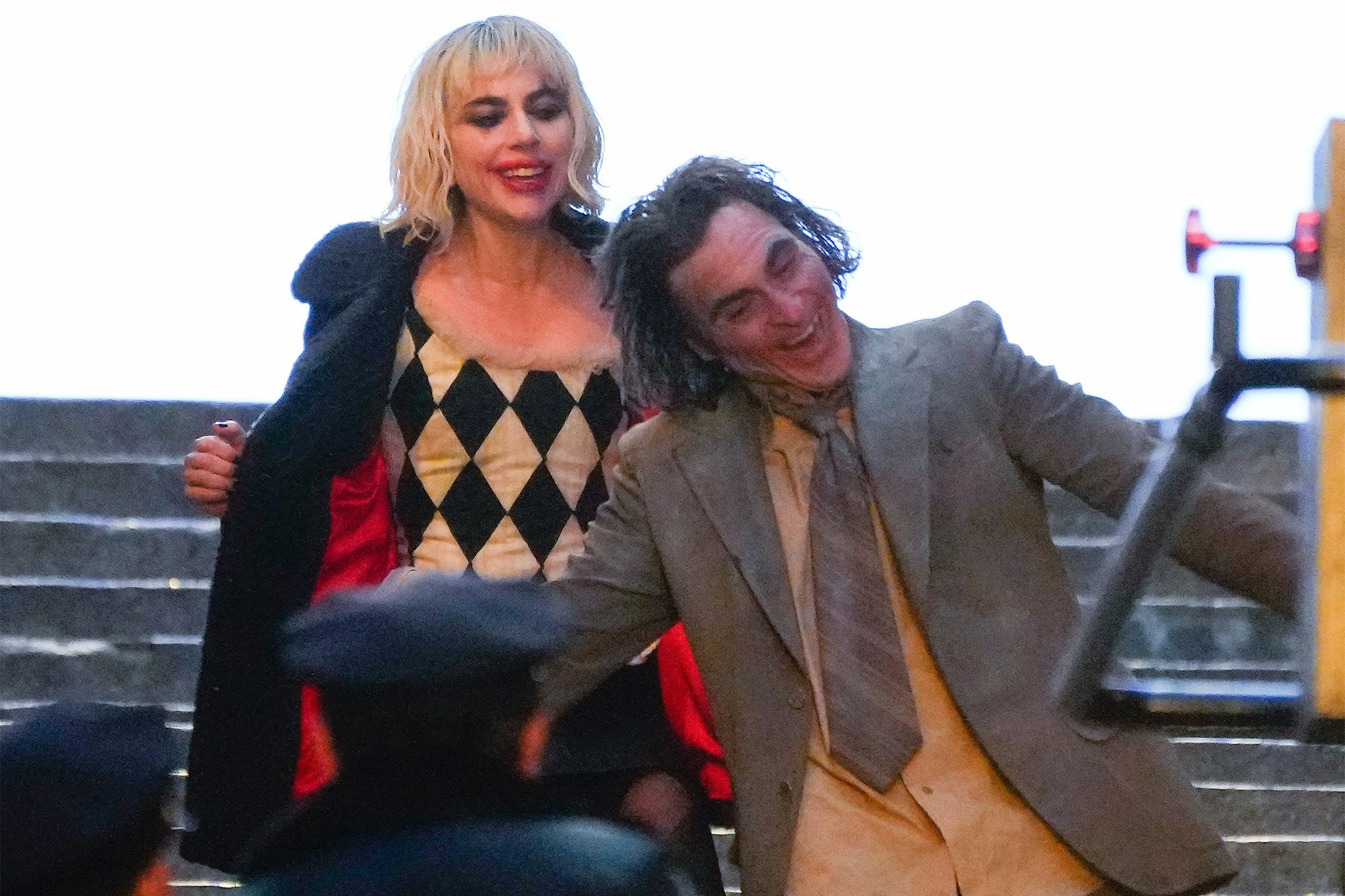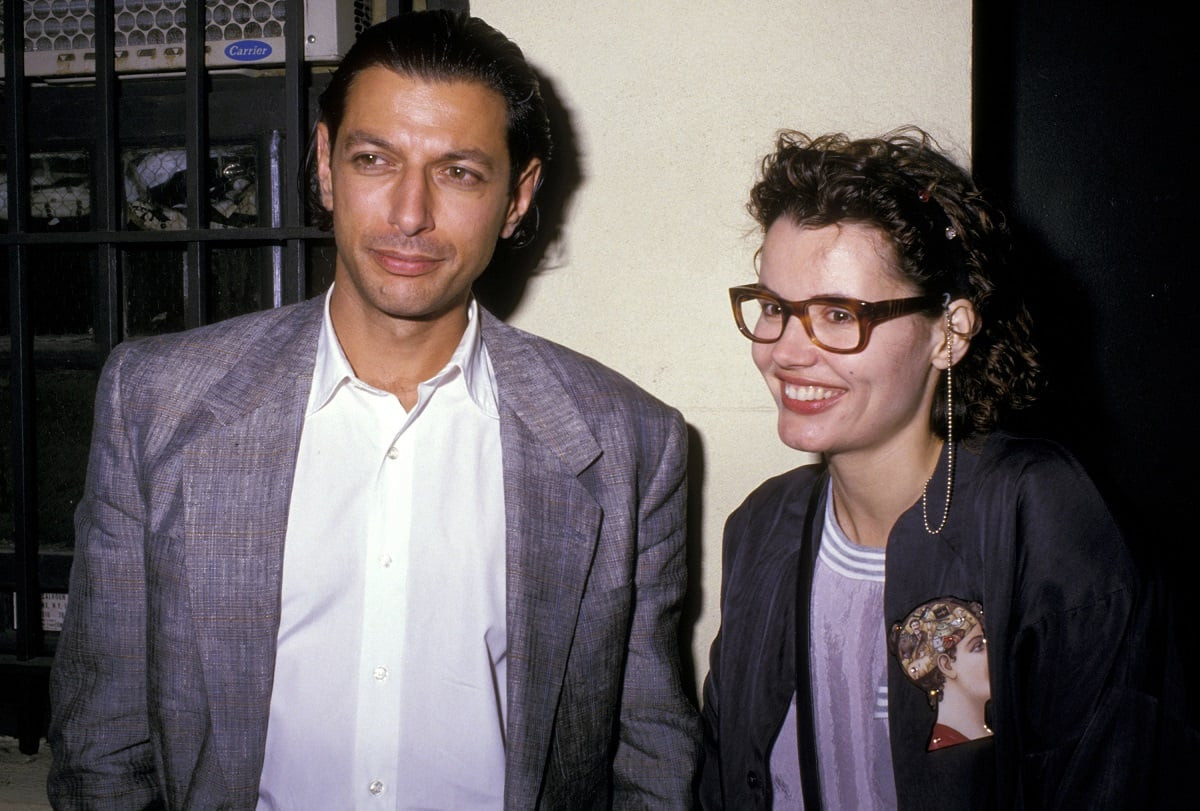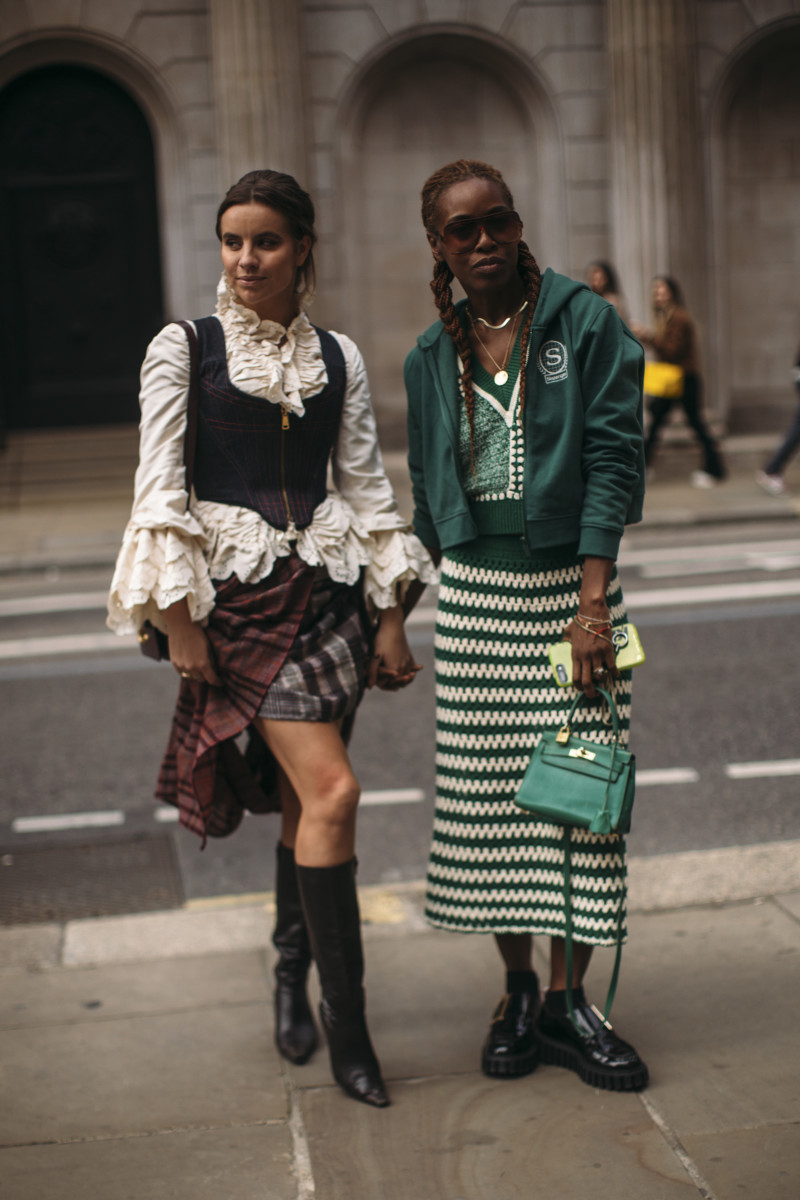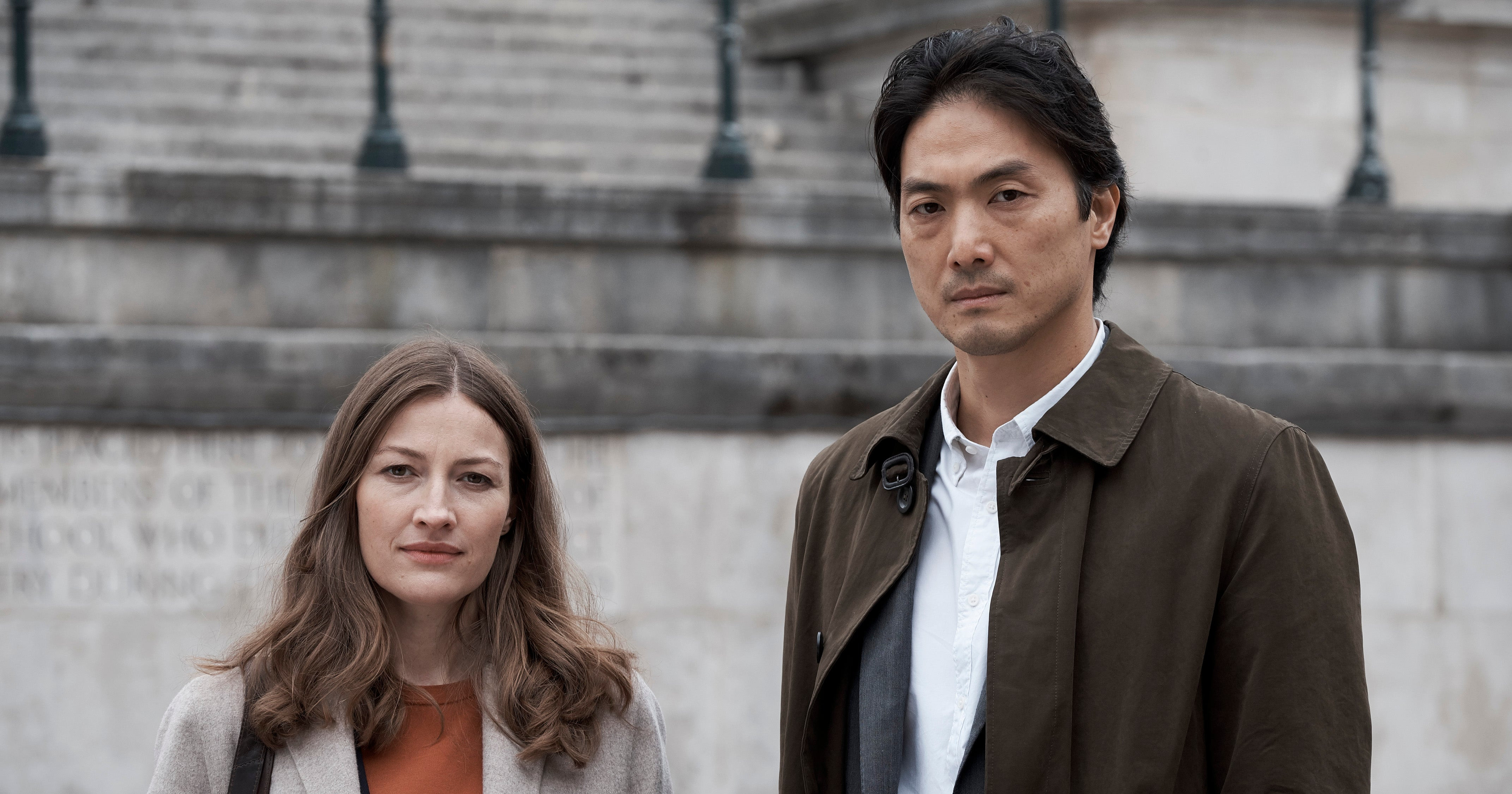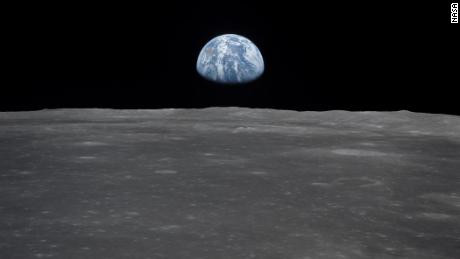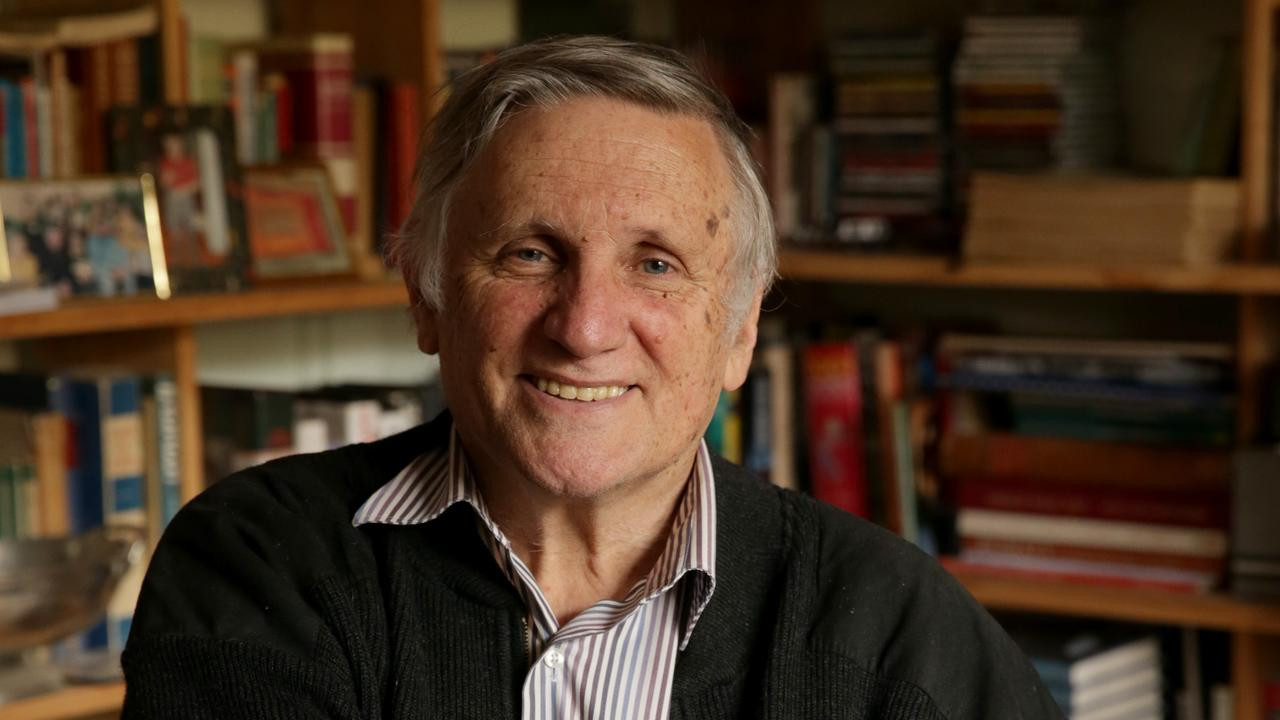When is the Joker going to get on with being the Joker? That was the question that nagged me throughout Todd Phillips's award-winning 2019 drama, Joker, starring Joaquin Phoenix as the nascent supervillain. The film spent two hours telling the grim and gritty backstory of Arthur Fleck's abusive childhood, his medical issues, his eventual adoption of a white-faced, clown-suited new identity, and the killing spree that prompted a series of riots in Gotham City. It even showed him meeting the young Bruce Wayne, ie, the boy who would be Batman. But it didn't show him pulling off any of the elaborate robberies which have made him Batman's most infamous enemy ever since his DC Comics debut in 1940. It didn't show him being the Joker.
To be fair, the idea of concentrating on Fleck's pre-crime boss period, and of paying homage to Martin Scorsese's 1970s and 1980s urban-blight films in the process, was what made Joker so groundbreaking. But now that Phillips has co-written and directed a sequel, Joker: Folie à Deux, shouldn't we finally get to see him planning heists, crushing rivals and perhaps even coming face-to-mask with the Caped Crusader? Apparently not. Phillips and his co-writer, Scott Silver, have decided to carry on with yet more of Fleck's backstory instead. It's a fascinating decision which bravely subverts audience expectations, but it does result in a film that is a dreary, underwhelming, unnecessary slog.
The biggest surprise is that half of Joker: Folie à Deux is set in Gotham's Arkham Asylum, where the emaciated Fleck is plodding lifelessly through his incarceration, and the other half is set in the city's central courtroom, where his sanity is being weighed up by a judge and jury. The rest of Gotham is barely glimpsed. In the asylum, Fleck is teased by a guard (Brendan Gleeson) and interviewed by a TV reporter (Steve Coogan). And in court, his lawyer (Catherine Keener) argues with the district attorney (Harry Lawtey) about whether Joker and Fleck are two separate personas. Comics fans will appreciate the detail that the Gotham's DA is Harvey Dent, so he is destined to become the diabolical Two-Face. But that doesn't make the drawn-out courtroom debate any more compelling. It just means that we have the frustration of watching two different characters who are almost-but-not-quite Batman villains.
Actually, make that three. While Fleck is in an Arkham music therapy class, he meets Lee Quinzel, played by Lady Gaga: Lee is Phillips's version of the Joker's sidekick, Harley Quinn, who was played in Suicide Squad and Birds Of Prey by Margot Robbie. In this version of events, Lee is an admirer who encourages Fleck to stop being a quiet, sedated inmate and to start being his flamboyant alter ego once again. One example of this flamboyance, when it does eventually return, is that Fleck sits in court wearing his trademark suit and make-up—and somehow we're supposed to believe that the judge would put up with such silliness, even while he blusters, "I'm not letting you turn my court into a circus!"
Lee is also central to the film's big gimmick, which is that she and Fleck sing to each other, and fantasise about being in Hollywood musicals and television specials. These song-and-dance numbers are a welcome opportunity to hear Gaga belting out some of the most romantic standards in the American songbook, and a less welcome opportunity to hear Phoenix delivering his own croakier renditions. But none of these interludes is staged with the crazed imagination you might expect the Joker and Harley Quinn to possess. And instead of moving the story along, as songs in musicals should, they slow it down. You're left with the feeling that Phillips simply didn't have enough of a plot to fill another two hours without them.
It's a disappointing film—but I suspect that's exactly what it's meant to be. What Phillips appears to be doing is responding to the way Fleck was received by fans of 2019's Joker. To me, he always came across as a passive unfortunate who stirred up riots more or less by accident, but some viewers saw him as a revolutionary Robin Hood, striking a blow for the dispossessed. In Joker: Folie à Deux, Phillips isn't taking any chances. He has devoted his sequel to the message that Fleck is a wimpy, self-centred stooge who lets down everyone around him. He's a nobody. Depending on how you look at it, this demythologising exercise is either daring or it's irritatingly smug, but it's definitely not much fun. Phillips seems to be saying that if you fell for Fleck's Messianic self-image the last time around, then the joke's on you.
★★☆☆☆




